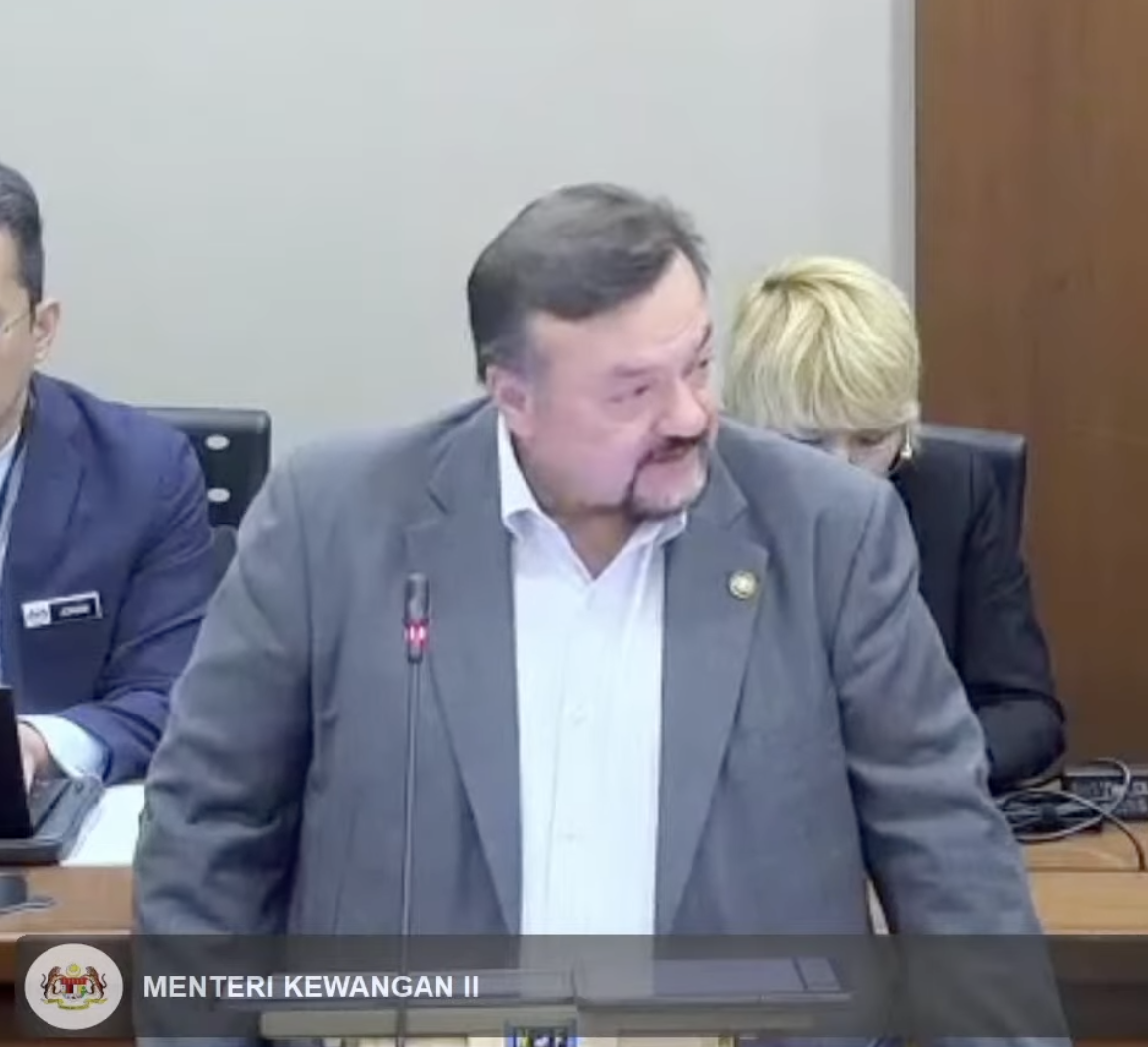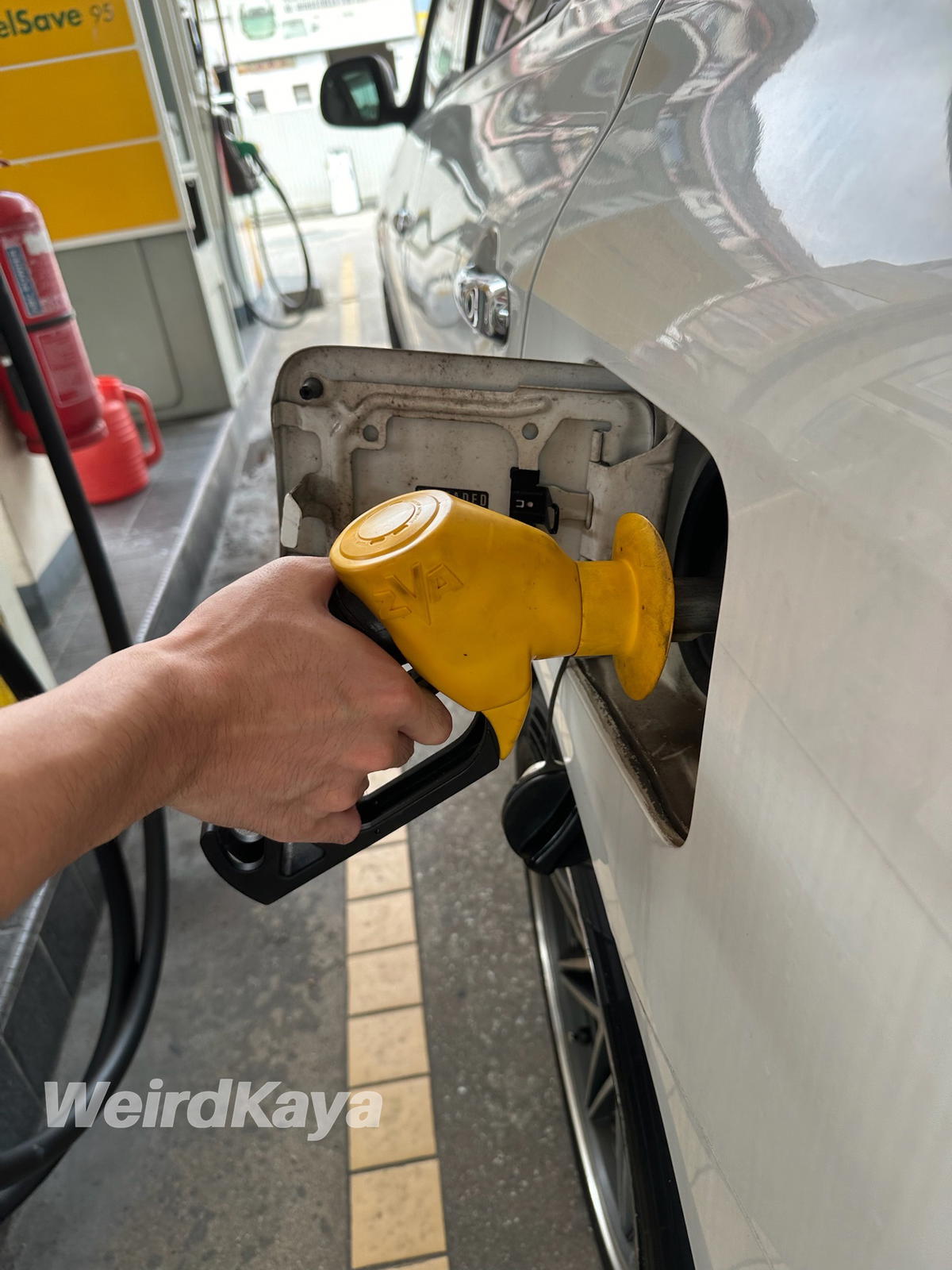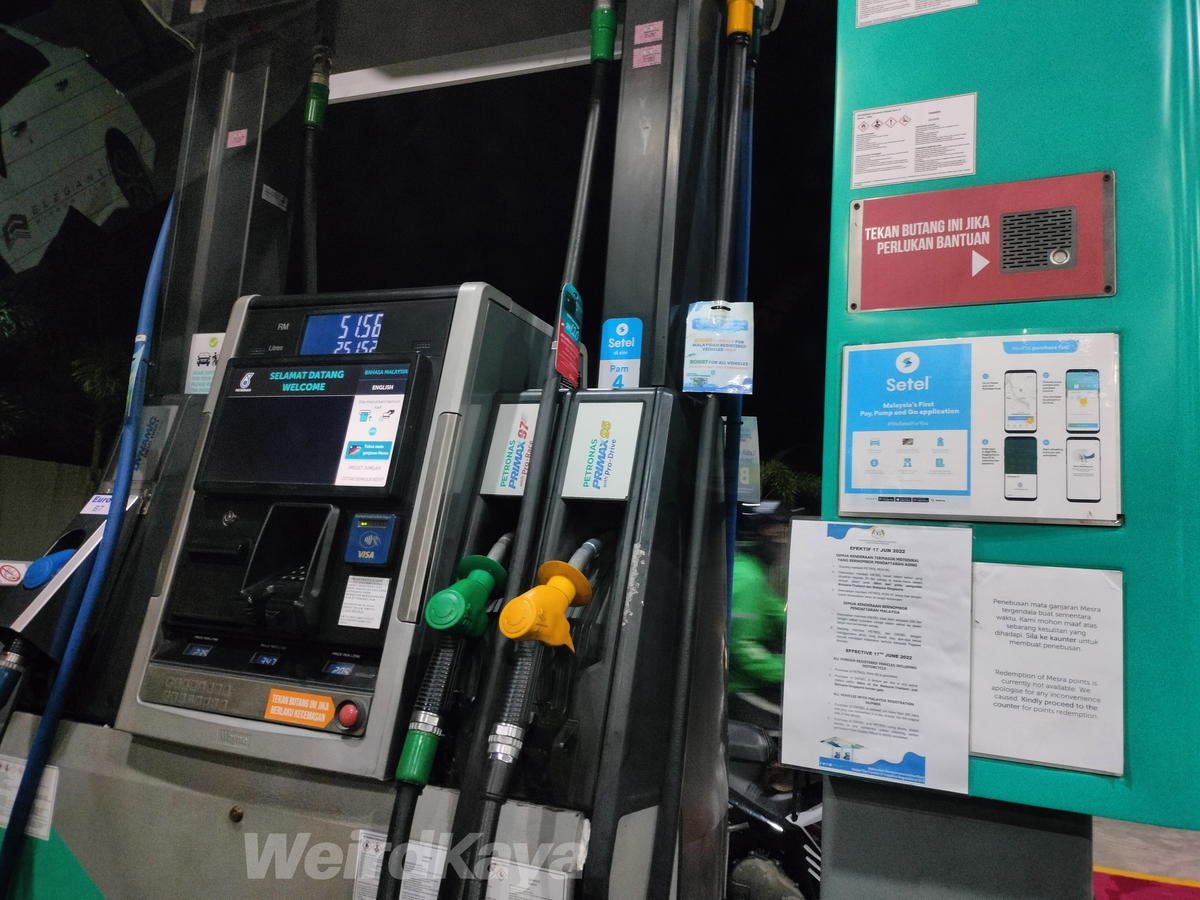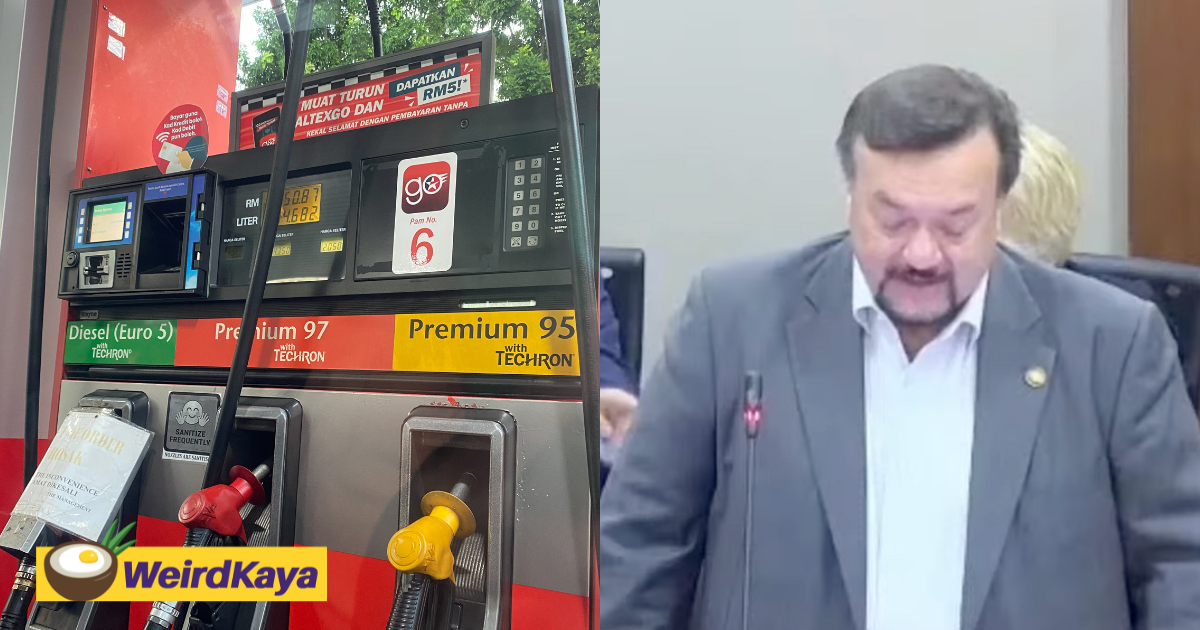Malaysians will soon face a monthly cap on RON95 petrol once the government’s targeted subsidy scheme officially kicks in.
Quota to prevent misuse
Finance Minister II Datuk Seri Amir Hamzah Azizan told Parliament that the quota is necessary to prevent abuse, where some people might pump subsidised fuel for others.

“Compared to blanket subsidies, targeted spending ensures that government resources are not disproportionately benefiting foreign nationals, businesses, or high-income groups.
Government funds are limited and must be directed towards the welfare of the majority.”
We will have a quota. We must have a quota. We do not want someone to pump fuel for other people,” he told the special chambers in Parliament on Monday.
“Ordinary users will have a set quota, but for p-hailing and e-hailing drivers, the quota will be higher because this is their primary task. We will make that distinction,” he further added.
No U-turn
The Finance Minister II also shared that the government spending on subsidies is projected to rise to RM45 billion in 2025 compared to RM41 billion in 2024.

“As announced by the Prime Minister in the People’s Budget speech, the government remains committed to implementing the targeted RON95 subsidy programme.”
With further details to be announced by the end of 2025, this initiative is crucial because the blanket subsidy policy has only burdened the nation’s fiscal position without truly benefiting the majority.
“For this reason, in the same spirit, the government will continue to pursue targeted subsidy policies so that assistance genuinely reaches those who need it most.”
How will it work?
The government is still fine-tuning the mechanism but one likely method will require motorists to use their MyKad at petrol stations.
If they are eligible and within their quota, they will pay RM1.99 per litre. Those who exceed their limit or are not entitled to the subsidy will have to pay the market rate instead.

Officials are also considering the use of e-wallets and petrol apps to make the process smoother.
It is understood that eligibility will be determined through the Pangkalan Data Utama (PADU), which consolidates information from agencies such as the Inland Revenue Board, JPJ and JPN to ensure the aid reaches the right people.
The move comes as Malaysia shifts away from blanket subsidies, which critics say benefit the rich and even foreigners. With this targeted model, the government hopes to reduce wastage, strengthen public finances and make sure only those who truly need help enjoy the subsidy.
Details of how much quota each group will get are expected to be announced by the end of September.
READ ALSO:



